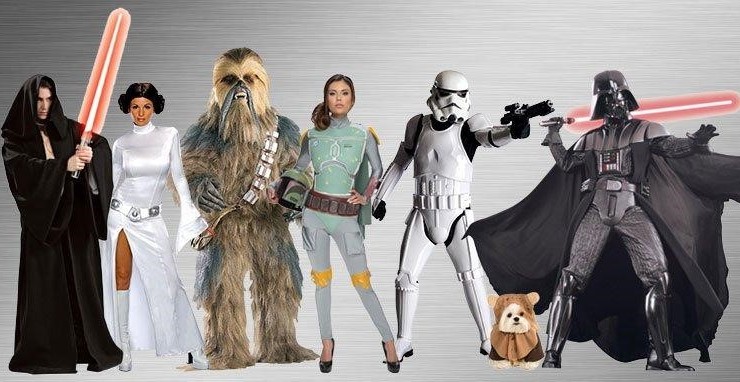Close your eyes and try to imagine what life will be like in say, 15-25 years from now. You may visualize humans wearing bodysuits similar to the costumes in Star Wars, eating toothpaste-like substances to get your daily intake of calories, commuting in driver-less cars to offices located in glass buildings with gardens on top. It is also quite possible that you may envision living in a world where we may have to fight for survival, as man and machine come to a violent confrontation with Optimus Prime being chased by humans in tattered clothing, driving Tatra T815 or “The War Rig” and using laser guns as weapons. With due respect to your imagination, whatever mental picture of the future you may have in your expansive brain, odds are that your mind will produce new things in it… things we call ‘improvements’, ‘advancement’ or ‘killer technologies’ and other similar words that have now become quite cliched when we speak about the future.
What if I tell you that the future which we are approaching will be devoid of dozens of technology apparels and other useful gadgets we use daily and take for granted? Even the very device on which you are reading this blog post will cease to exist. This de-materialization I am proposing will not take place due to World War IV (although that is also a possibility) but with the help of an unsuspecting technology called Augmented Reality (AR).
Although AR has been around for some years, it has recently been reincarnated into a massive giant with the advent of smart glasses-based AR devices like Google Glass and Microsoft HoloLens. The best of the lot, HoloLens, has hit the world of innovation like the Vredefort Crater and is challenging not only the survival of a lot of technology gadgets in use today, but the whole manufacturing industry at large. Microsoft HoloLens is the first self-contained holographic computer, enabling you to engage with digital content and interact with holograms in the world around you. By wearing the glasses, one can add a plethora of hologram-based utensils (which look as real as the real thing) to the space around us. This means that all the other gadgets will be needed no more.

Now close your eyes again and see the future with mixed reality-based smart glasses as the only gear to assist you as you go along your daily routine. Can you imagine your house without a TV set or paintings? Your car without the multimedia screen and display panels, and the roads without any street signs and advertisement hoardings? Imagine your office without projectors and laptops, your favorite restaurant without menus and waiters, and airports without flight information screens and those loud static-filled announcements. Even your old alarm clock will be no more as you may well choose to replace it with a life-size hologram of scantily clad Monica Bellucci, or a smartly dressed Mason Verger asking you to get out of bed.

All the information you need will be delivered to you on time, tailored according to your requirements and preferences, wherever you happen to be or prefer to receive it. This technology will change what the spaces around us look like… from our homes to city blocks. Someone leaving his/her home without having breakfast might see a flashy hologram-based advertisement (like the famous shark in Back to the Future) on the road displaying the breakfast deals at their restaurant, while the overweight person in the car behind might see an advertisement for a gym. Street signs will pop up only when you need them and car navigation systems will be replaced by holographic blue lines (or a virtual escort bike) guiding you to your destination on the road in front of you.
All of this is possible with the technology we have available presently, while prototypes of chips are also being tested, which will be planted in the eye, to turn our reality into mixed reality in a more convenient way. This may very well be the next ubiquitous technology gadget, like what cellphones are to us today, and will open a myriad of possibilities for individuals and businesses alike. This road on which we are travelling may turn the centuries-old dream of Sufis, mystics and stoics into reality by creating a world where fulfillment will be achieved with less dependency on material things and a future where less will be more.

